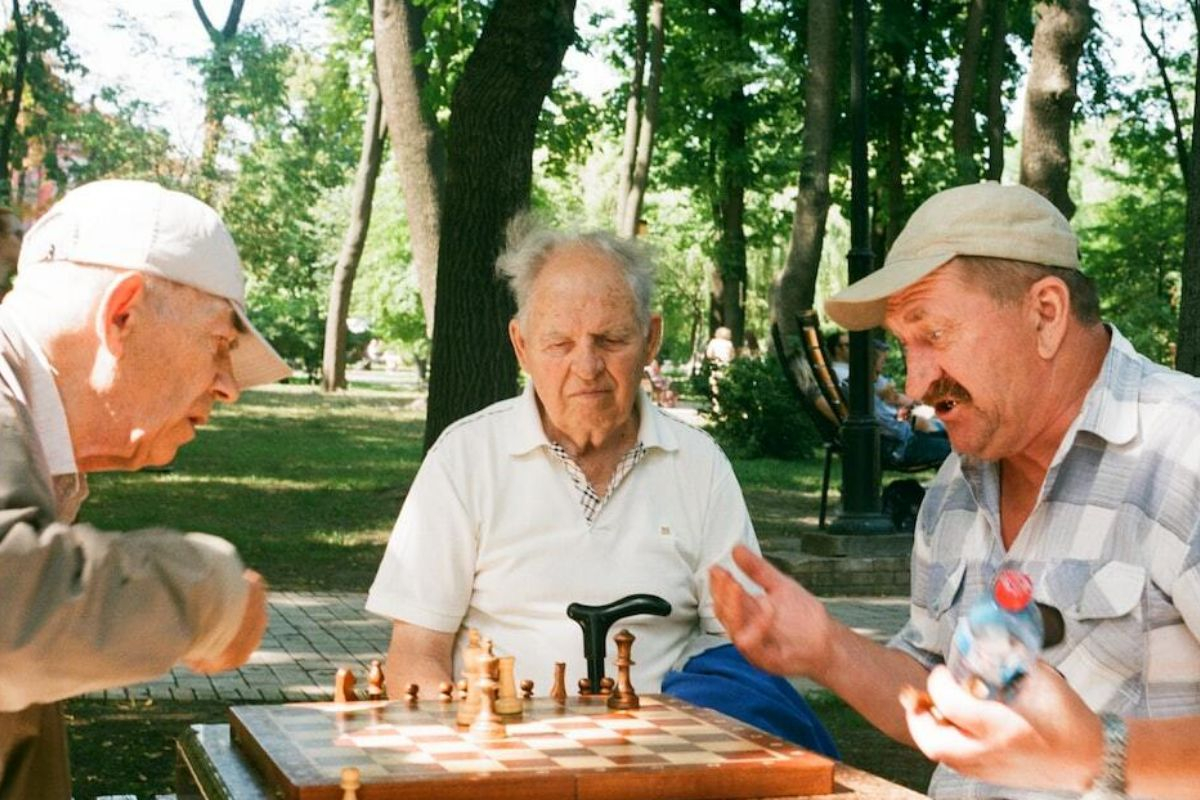How to Enhance Seniors’ Mental Health Through Friendships
Do you sometimes wonder if maintaining friendships in your golden years is worthwhile? It is! Nurturing meaningful relationships can profoundly impact your mental well-being as a senior.
Research shows that having strong social connections can reduce the risk of depression and cognitive decline.
This article will explore strategies for overcoming challenges and cultivating friendships that enhance mental health. Let’s unlock the power of friendships and create a sense of belonging together.
Importance of Social Connections
To enhance seniors’ mental health, you need to understand the importance of social connections. Social isolation and loneliness can have significant impacts. When seniors feel disconnected from others, it can lead to feelings of sadness, which they can experience during the session. That’s why fostering social connections is crucial for their mental health.
Regular social activities, such as joining clubs or community groups, can help seniors combat social isolation and create meaningful connections with others. Building friendships and maintaining social relationships can provide a sense of belonging and support, essential for overall well-being.
Benefits of Friendships for Seniors
By fostering friendships, seniors can experience many benefits to their overall mental well-being. One of the most significant impacts of loneliness on seniors is the negative effect it can have on their mental health. Loneliness often leads to feelings of sadness, anxiety, and even depression.
However, seniors can combat these negative emotions when forming friendships and building strong social connections. Friendships provide a sense of belonging and support, which can significantly improve seniors‘ mental health.
Additionally, community engagement plays a crucial role in enhancing seniors’ well-being. Being involved in community activities and social groups increases social interactions and provides a sense of purpose and fulfillment.

Strategies to Cultivate Meaningful Relationships
How can you actively cultivate meaningful relationships to enhance seniors’ mental health? Building trust and practicing active listening are essential strategies to foster deep connections with seniors. Here are three practical approaches:
- Be present: Show genuine interest and invest time in getting to know the senior. Engage in meaningful conversations and make them feel heard and valued.
- Practice active listening: Give your undivided attention, maintain eye contact, and provide verbal and non-verbal cues to show that you’re fully engaged. Validate their feelings and experiences, creating a safe space for open communication.
- Foster shared experiences: Engage in activities that seniors enjoy and invite them to participate in social events. This creates opportunities for shared memories and strengthens the bond between you.
Overcoming Challenges in Maintaining Friendships
Maintaining friendships with seniors can present various challenges that require proactive solutions.
As seniors age, they may experience feelings of loneliness and isolation, making it challenging to maintain their social connections. Managing loneliness is crucial to maintaining friendships, requiring effort from both parties involved.
Encouraging seniors to engage in social activities and hobbies can help combat feelings of isolation. Building support networks is another challenge that seniors may face. It’s essential to help seniors establish new friendships and expand their social circles.
Connecting seniors with community groups, senior centers, or online communities can allow them to meet new people and form meaningful connections.
Promoting Mental Well-Being Through Social Support
You can actively foster meaningful connections with seniors to promote mental well-being through social support. In today’s society, the loneliness epidemic among older adults is a pressing concern, and community involvement plays a vital role in addressing this issue.
Here are three ways you can contribute to promoting mental well-being through social support:
- Volunteer your time: Offer to assist at local senior centers, community events, or even organize social activities for seniors. Your presence and companionship can make a significant difference in their lives.
- Be a good listener: Listen attentively when seniors share their thoughts and experiences. Show genuine interest and empathy, allowing them to feel understood and valued.
- Encourage participation in group activities: Encourage seniors to join clubs, group outings, or classes to interact with others with similar interests. This can help combat isolation and foster a sense of belonging.











